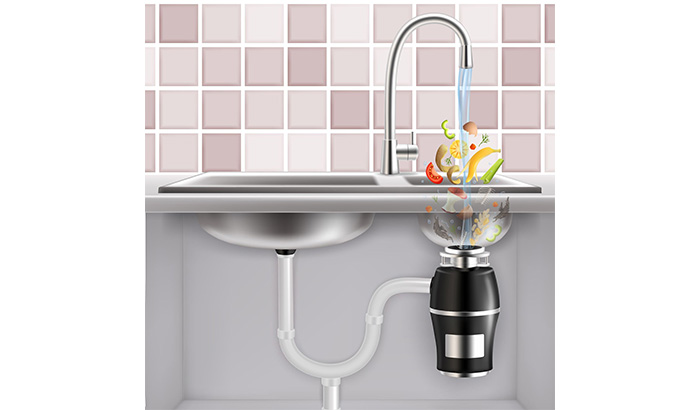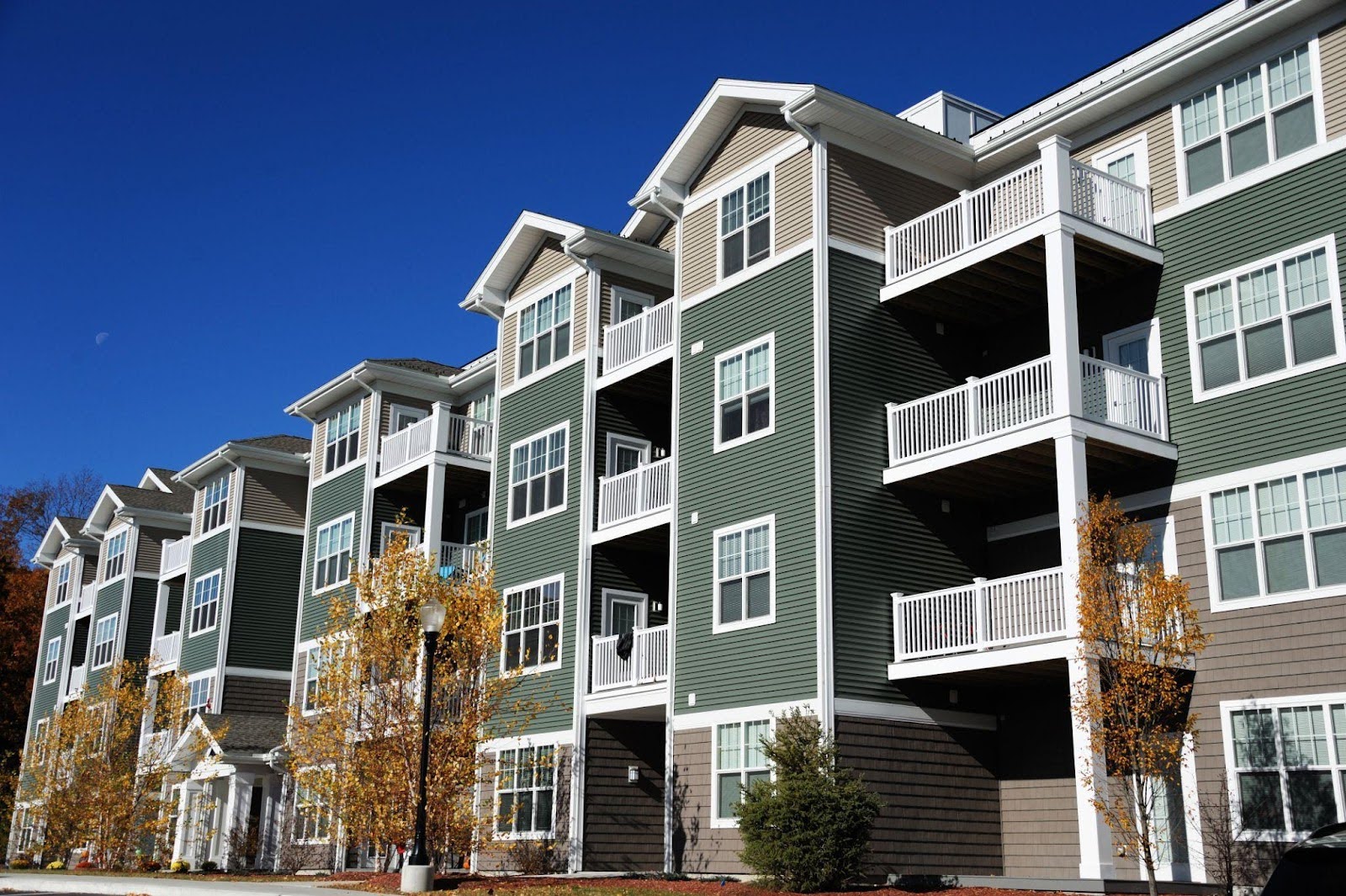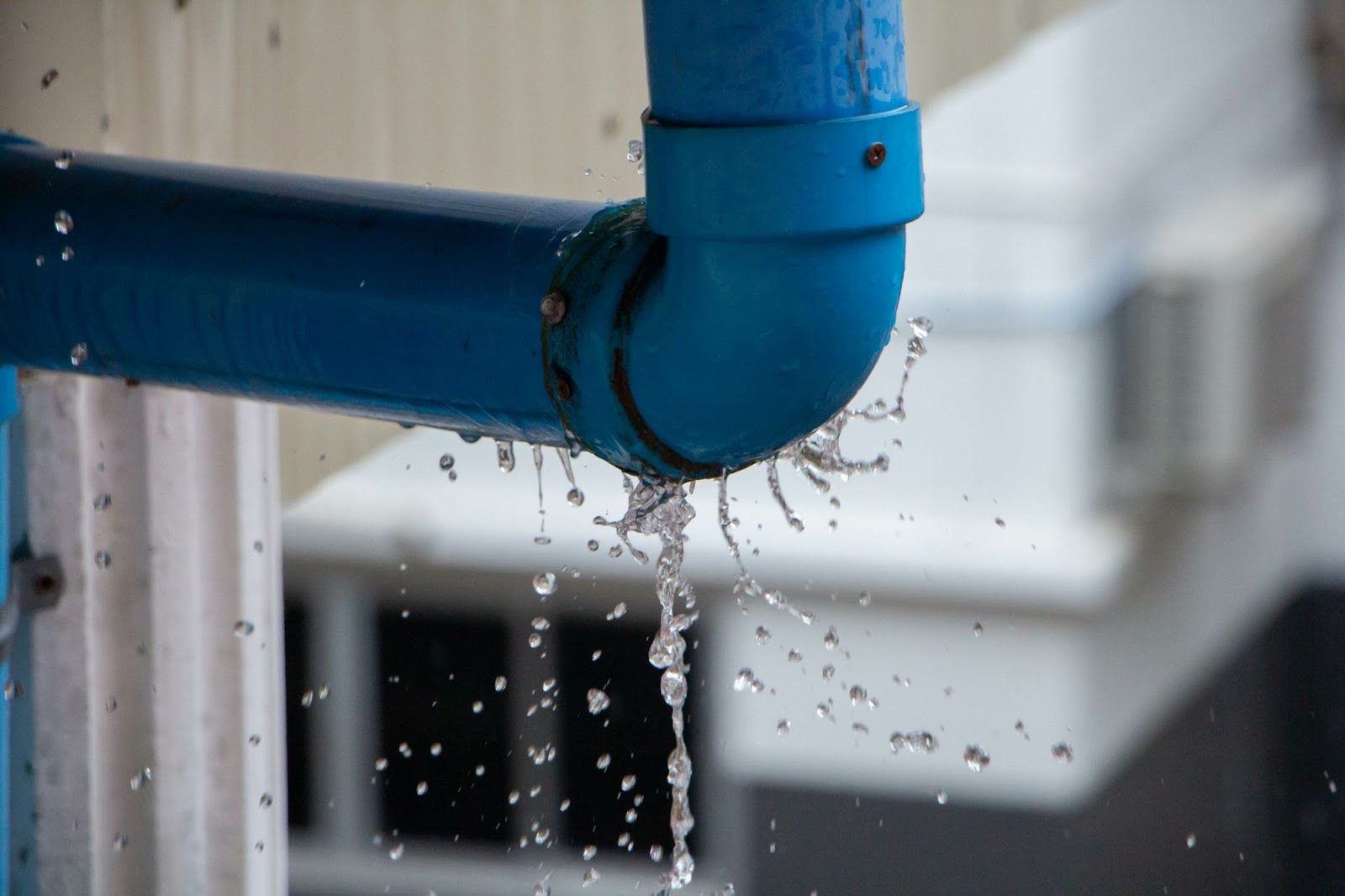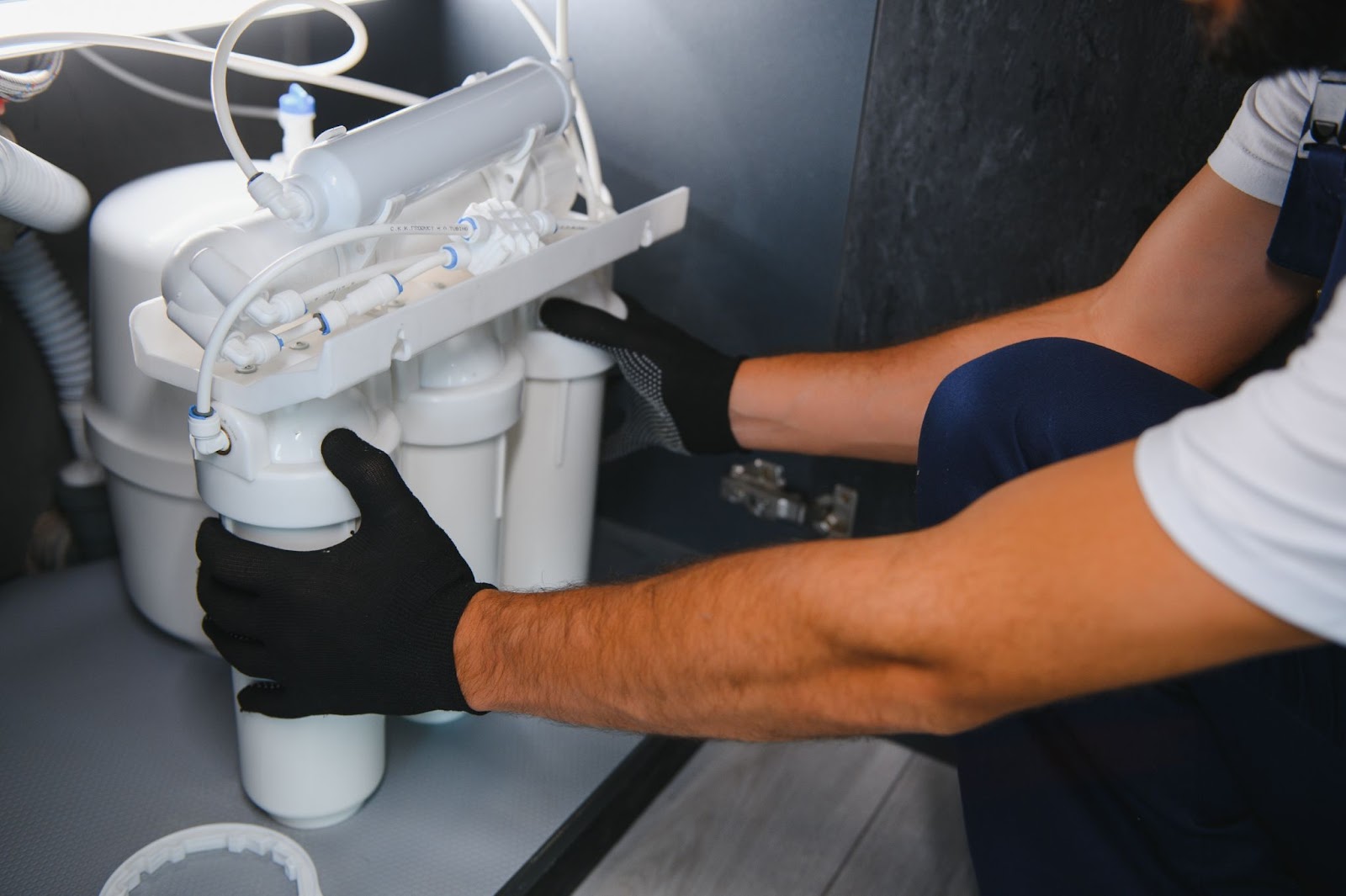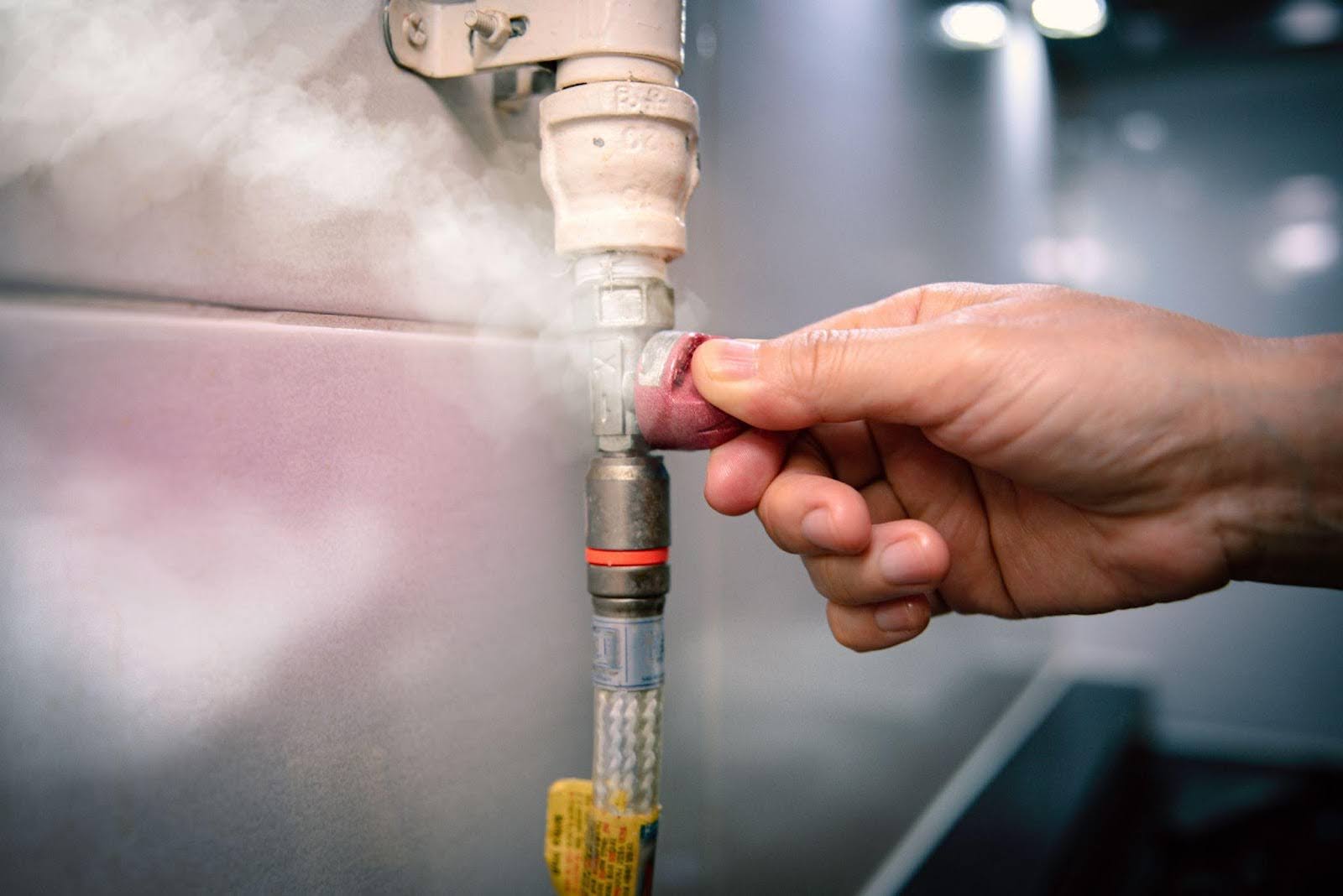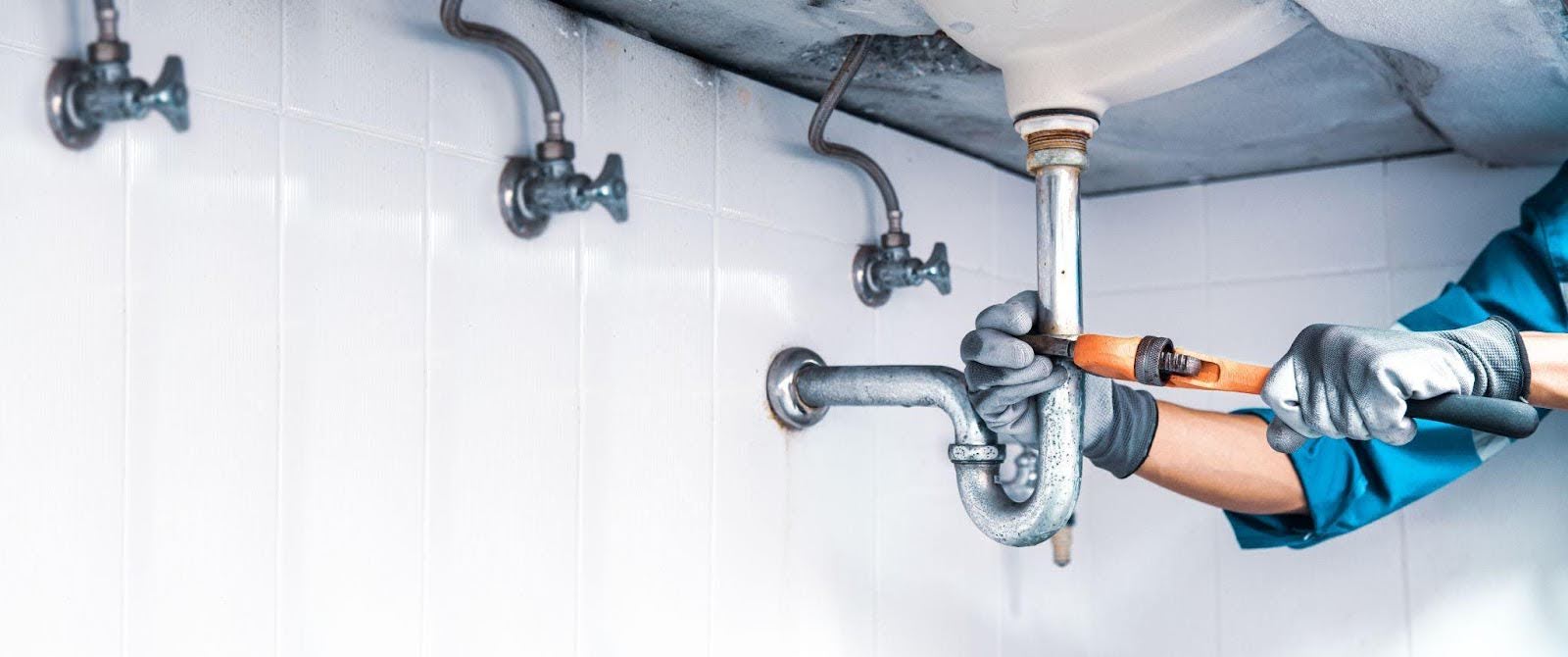In modern kitchens, the effectiveness of your garbage disposal is more than a convenience; it’s an essential tool that helps manage kitchen waste efficiently, keeping your sinks clear and odor-free. However, like any frequently used appliance, it’s prone to wear and tear, and identifying issues early significantly impacts functionality and cost-effectiveness.
Being vigilant about the performance of your garbage disposal will save you both time and money. Early detection of potential problems often means simpler, less expensive repairs and prevents the need for a complete replacement.
Most importantly, it saves you from unexpected kitchen disasters that could disrupt your daily routine.
In this blog, we’ll walk you through the critical signs that suggest your garbage disposal needs repair or at least attention to help you maintain an efficient and smooth-running kitchen.
Unusual noises and frequent resets
When your kitchen peace is shattered by the harsh sounds of grinding metal or loud clattering from your garbage disposal, it’s a clear warning sign that something is amiss. Such noises signal that foreign objects like utensils or other hard materials have accidentally fallen into the disposal, coming into contact with its moving parts.
This not only produces alarming sounds but also leads to significant damage to the disposal’s internal mechanisms. Grinding metal causes the blades to wear down prematurely or become damaged, affecting the unit’s efficiency and potentially leading to costly repairs.
If you find yourself frequently pressing the reset button on your disposal, this is another red flag. The reset button is a safety feature that shuts off the disposal if it overheats or faces mechanical strain. Regularly needing to reset your disposal suggests that it’s struggling to cope with what it’s being asked to process, whether due to inappropriate items being disposed of or a mechanical fault within the unit itself.
What to do
Turn off the disposal immediately upon hearing unusual noises. Carefully inspect the disposal for any visible foreign objects. Using tools like pliers (never your hands), remove any items lodged within the disposal unit.
Despite clearing visible blockages, persistent issues may require attention from a professional plumber. A qualified technician will safely dismantle the unit, identify underlying problems, and implement necessary repairs or adjustments.
Understanding these signs and taking prompt action prolongs the life of your garbage disposal and ensures it runs efficiently, keeping your kitchen operations smooth and safe.
Persistent odors and ineffective grinding
Persistent odors and a decline in the grinding effectiveness of your garbage disposal are not only minor annoyances — they’re indicative of underlying problems that affect the functionality and hygiene of your kitchen.
Lingering smells from your garbage disposal are often caused by food particles that remain trapped within the unit. These residues decompose over time, emitting unpleasant odors.
Certain types of food, especially fibrous materials like celery stalks or starchy substances like potato peels, stick to the disposal’s components and evade the grinding process, making them particularly troublesome. These odors signal deeper mechanical issues, such as worn-out seals that allow waste to accumulate in inaccessible parts of the disposal.
A decrease in the effectiveness of your garbage disposal’s grinding capabilities often goes hand-in-hand with persistent odors. Dull blades are a common culprit here.
Over time, general wear and tear or the accidental grinding of hard materials blunt the disposal’s blades, making it difficult for the unit to break down food waste efficiently. A weakening motor contributes to this problem because it lacks the power to spin the blades at the necessary speed to process waste effectively.
What to do
Tackle odors and boost grinding efficiency by cleaning your disposal regularly. Use ice cubes and coarse salt to sharpen the blades and remove any lingering food scraps, followed by a rinse with cold water. For odors, grinding citrus peels helps leave your disposal smelling fresh.
To combat persistent smells, thoroughly clean your disposal with baking soda and vinegar. Pour a half-cup of baking soda into the disposal, followed by a cup of white vinegar. Let the mixture fizz and sit for a few minutes before flushing it out with hot water.
Inspect the blades for dullness and debris. While you cannot sharpen the blades traditionally, running ice through the disposal removes any build-up on the blades and slightly sharpens them.
If cleaning does not restore the disposal’s functionality or eliminate odors, consider whether mechanical issues like a failing motor or damaged blades might be at fault. Listen for unusual sounds that might indicate such problems.
When home remedies do not resolve the odors or if the disposal’s grinding efficiency does not improve, it may be time to call in a professional plumber to assess whether parts need replacement or repair. This saves you from further inconvenience and potential costs down the line.
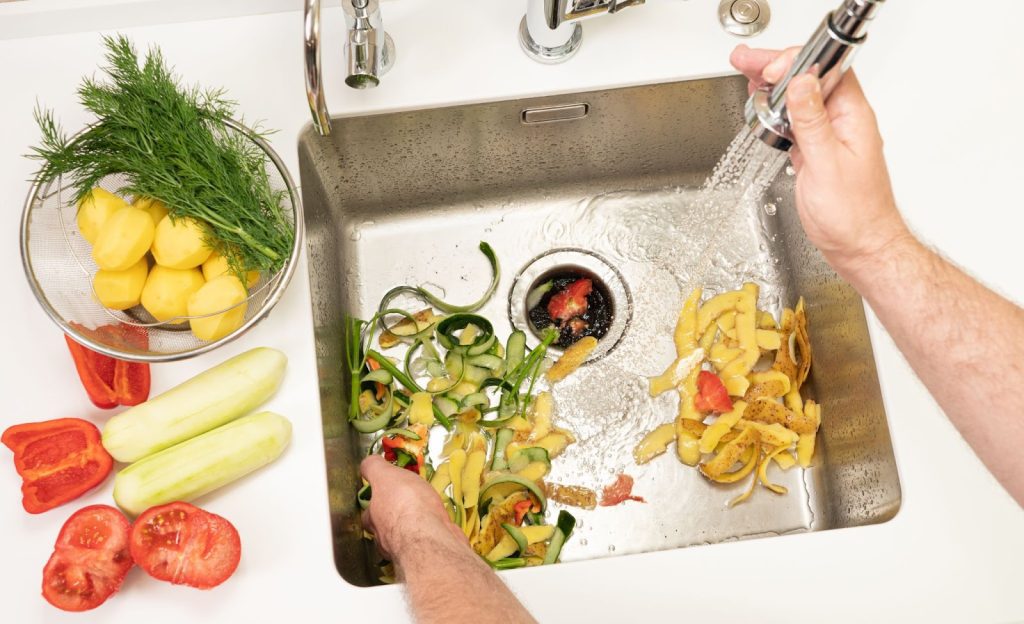
Water leaks and slow drainage
Water leaks and slow drainage are two common issues that impair the functionality of your garbage disposal and potentially lead to serious plumbing problems if not addressed promptly.
Leaks from a garbage disposal often manifest as puddles or dampness under the sink. These leaks may originate from loose connections, worn-out seals, or cracks in the disposal unit itself. The consequences of ignoring range from water damage to the cabinets and floors to fostering mold growth, which degrades indoor air quality and poses health risks.
When your sink begins to drain slowly despite the disposal running, it usually points to a blockage or a malfunction within the disposal system itself. Common culprits include accumulated food debris, hardened grease, or foreign objects restricting water flow.
Over time, even well-ground food waste leads to sludge buildup in the pipes, further exacerbating drainage issues. Slow drainage hampers the efficiency of your kitchen routines and leads to unpleasant odors and backflow problems.
What to do
Regularly check the connections around the disposal for any signs of leakage. Tightening loose fittings often resolves minor leaks. Ensure that the mounting bolts connecting the disposal to the sink are secure.
Examine the sink flange and disposal seals for any signs of wear or damage. Replacing these components usually fixes leaks originating from these areas. Check for cracks in the disposal body, as these might require more extensive repairs or even a full replacement.
For slow drainage, begin by clearing out any visible blockages in the sink or disposal. Running hot water through the disposal helps melt and dislodge grease buildup. For tougher clogs, a plunger or plumber’s snake may be necessary to clear the pipes.
Prevent future blockages and reduce residue buildup by regularly cleaning your disposal with natural cleaners like vinegar and baking soda, which also help eliminate odors. Consider using enzyme-based cleaners for a more effective breakdown of organic materials in the pipes.
If DIY methods fail to resolve the leaks or slow drainage, or if you suspect the issues are symptoms of a more serious underlying problem, it’s prudent to enlist the services of a professional plumber. They provide a thorough inspection, identify the root causes, and undertake necessary repairs or adjustments that might be beyond the scope of typical home maintenance.
Electrical problems
Frequent electrical issues are among the more challenging problems faced by garbage disposal owners, often indicating deeper mechanical or electrical faults that impair the functionality of your unit.
Issues such as the disposal unexpectedly shutting off or failing to start typically signal electrical problems. These might include faults in the wiring, a failing motor, or a malfunctioning switch. Such problems disrupt normal operation but also pose potential safety risks.
What to do
Begin troubleshooting by pressing the reset button on the unit, which sometimes fixes minor electrical glitches.
Next, check for loose or frayed wires. Ensure that all connections are secure, as poor wiring may lead to intermittent power issues. Investigate the on/off switch with a voltage tester to determine if it’s functioning correctly. A faulty switch may need replacement.
If basic troubleshooting doesn’t resolve the issue, or you suspect complex electrical faults, consult a professional. Licensed electricians or specialized plumbers provide detailed diagnostics and safe, effective repairs.
Combining your understanding of how to tackle frequent clogs and recognizing the signs of electrical issues allows for proactive maintenance and timely repairs, enhancing the longevity and performance of your garbage disposal.
Age and replacement timing
The age of your garbage disposal significantly influences its efficiency and effectiveness. As disposals age, their performance tends to decline, which leads to more frequent malfunctions and increased maintenance costs. Understanding the impact of age on your disposal helps you decide when it might be time to replace an older unit.
Over time, critical components such as the motor, blades, and internal seals in your garbage disposal wear down. This natural degradation reduces the unit’s ability to grind food waste efficiently, leading to longer run times and increased energy use.
Older disposals may struggle with tasks they once handled easily. You might notice that it takes longer to grind food, or you may experience more frequent clogs as the unit fails to chop food waste as finely as needed.
As components wear out, the need for repairs can become more common. Each repair adds to the overall cost of maintaining an aging disposal, sometimes making replacement a more economical choice.
When to consider replacement
The typical lifespan of a garbage disposal is about 10 to 15 years, depending on the brand, model, and frequency of use. If your disposal is approaching or has surpassed this age range, its efficiency is likely diminishing.
Compare the cost of repairs with the price of a new unit. Frequent or costly repairs could be a sign that investing in a new disposal is more economical in the long run.
Newer garbage disposal models often have advanced features that enhance efficiency and functionality, such as improved grinding capabilities and quieter operations. Upgrading also leads to better energy efficiency, reducing your household’s overall energy consumption.
Pay attention to how well your disposal is performing. Signs like persistent odors, reduced grinding efficiency, or unusual noises indicate the unit is past its prime. If you’re uncertain about the condition of your disposal or the best options for replacement, consulting with professionals will provide you with the expertise to make the best choice for your home’s needs.
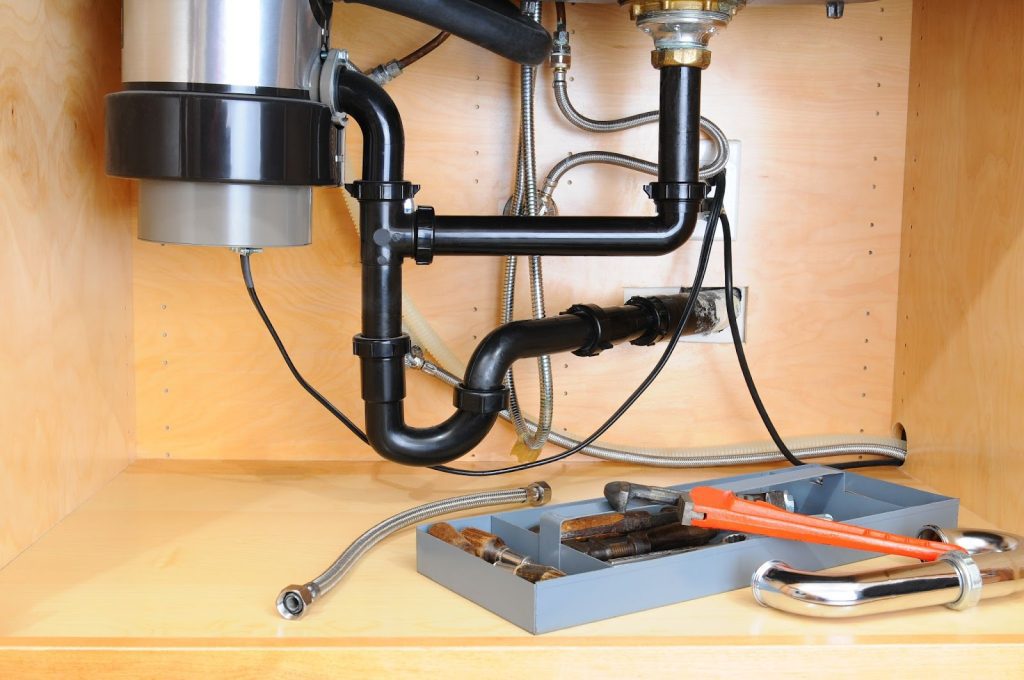
Garbage disposal repairs & replacements from Salisbury Plumbing
Keeping your garbage disposal in optimal condition is crucial for maintaining the efficiency and safety of your kitchen’s plumbing system. Recognizing the signs that your garbage disposal needs repair or replacement saves you from more severe and costly issues in the future. Whether you’re dealing with unusual noises, frequent resets, persistent odors, slow drainage, frequent clogs, or visible damage, Salisbury Plumbing is here to help.
Our team of experienced professionals is skilled in diagnosing and resolving any disposal problems, ensuring that your system runs smoothly and effectively. Trust Salisbury Plumbing for all your disposal maintenance and replacement needs, and experience peace of mind with expert service.
Contact Salisbury Plumbing today to learn how we can help you maintain a healthy and efficient kitchen disposal system.
toto slot

